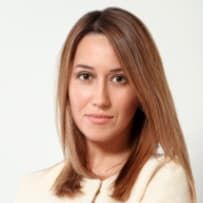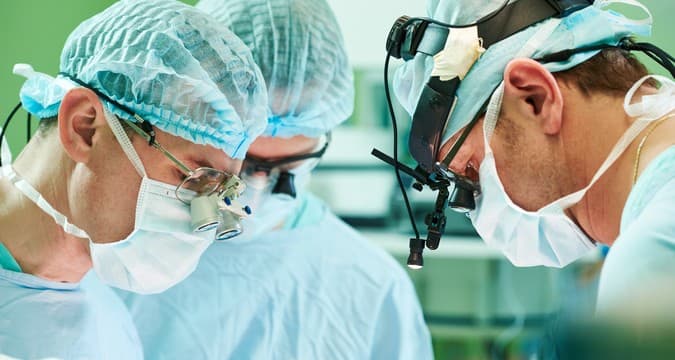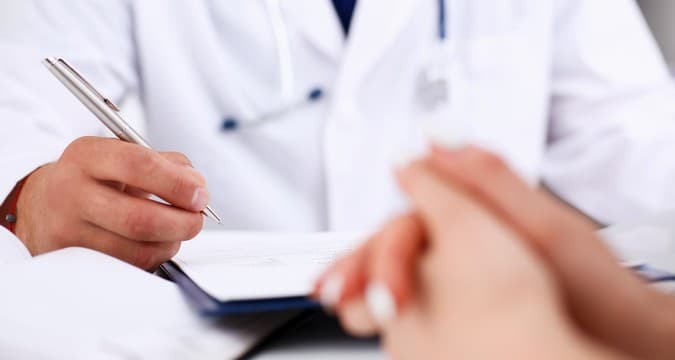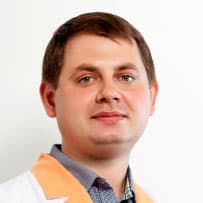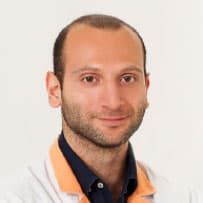Dr Danny and Helen Lawrence
Many, many thanks to you all
I am writing to you, on behalf of my wife Helen and myself, to thank all the staff of GMS clinic for the help and support you gave us during our stay in Moscow.
My own doctor seems pleased with the progress I am making. I still have a dressing on one of the wounds where the stitches may have been removed prematurely before I left the clinic but the others are fine and healing well.
Being ill and requiring surgery in another country will always be something of an ordeal, but the calm reassuring atmosphere in the GMS clinic did much to make us feel better about the experience. The administrative staff at reception was kind as well as efficient and their efforts on our behalf are something that we will never forget. We would also like to thank the cooks for the excellent food they prepared. We regret that we did not get the opportunity to meet them but we greatly appreciated their efforts and, after almost a week without normal food, I particularly enjoyed being able to choose from their extensive menu. Please forgive me for not always doing justice to the meals served but it has taken some time for my appetite to return to normal. We would also like to thank the room attendants for serving our meals so well and keeping our room so clean and tidy. Just as important for us, when so far from home, was that they always did so with a gracious smile. We looked forward to their visits and would like to thank them for being so remarkably patient when we tried to talk to them. We would also like to thank the several kind nurses who cared for me so diligently. I do not believe that I could not have enjoyed more attentive nursing anywhere else in the world and will never forget you. The several doctors who attended me at various stages also need to be thanked. I am grateful to them all but hope that they will forgive me for singling out Dr Constantin Dimitri for a particular mention. His patience, as he explained to me so well in English both what was happening to my body following the operation, and what he and the rest of the medical team were doing - and why – was particularly appreciated and helpful to me during my recovery.
Many, many thanks to you all.
